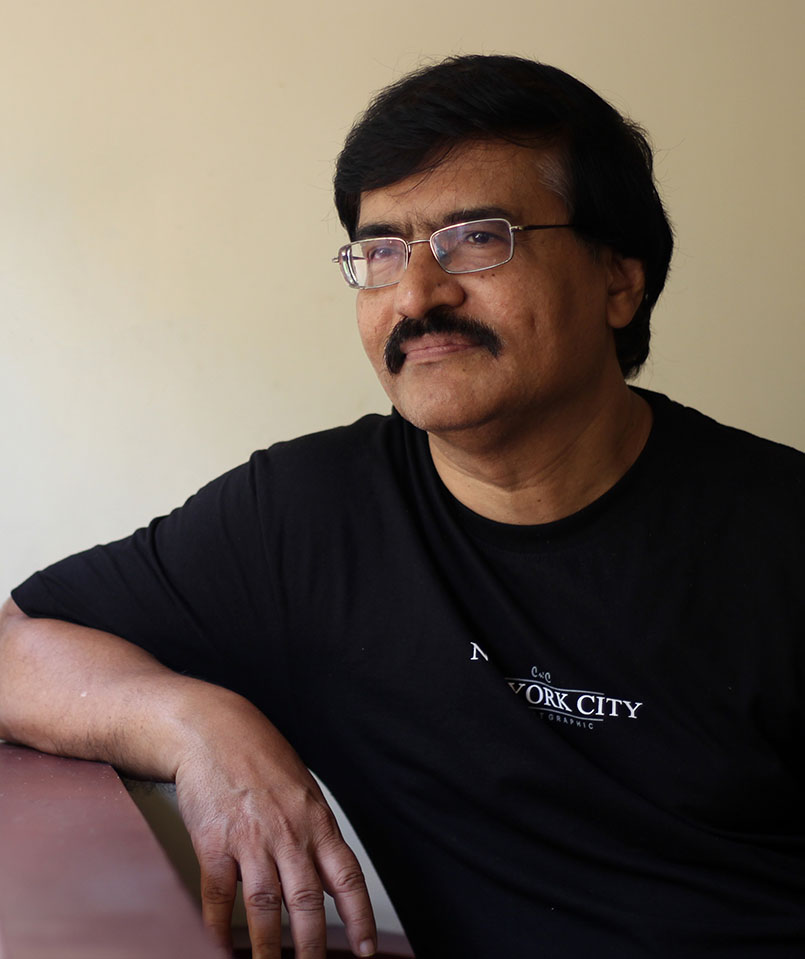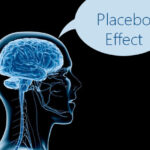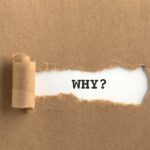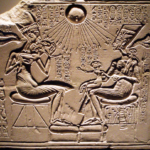“There is no illness of the body apart from the mind.” — Socrates
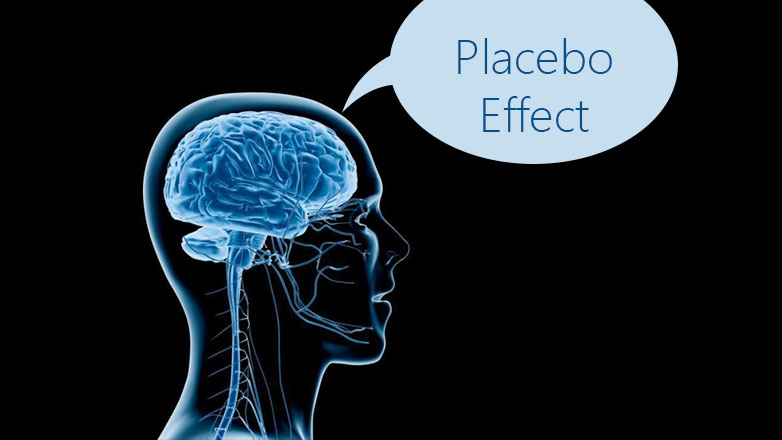
Is there scientific evidence that the mind can heal the body? For over 50 years, the medical establishment has been proving that the mind can heal the body. It is called the “placebo effect”. But the placebo effect is a thorn in the side of the medical establishment. Nevertheless, it is concrete evidence that the body holds within it, an innate mechanism that can self-repair itself. Maybe, this is the secret behind miracle healings.
If you find it difficult to believe that the body can heal itself, you need only to look into ‘The Spontaneous Remission Project’ – a database compiled by the Institute of Noetic Sciences of over 3500 case studies in the medical literature of patients, who have gotten better from seemingly “incurable” illnesses. The information will blow your mind. Everything is in there: Stage-4 cancers that disappeared without treatment, HIV positive patients that became HIV negative, heart disease, kidney failure, diabetes, high blood pressure, thyroid disease and autoimmune diseases gone…
A great example of such healing in the medical literature is a case study from 1957 of Mr. Wright, who had advanced lymphosarcoma. He had tumours the size of oranges in his armpits, neck, chest, abdomen. His liver and spleen were enlarged, and his lungs were filling up with two quarts of milky fluid every day that have to be drained in order for him to breathe. Things weren’t going well for Mr. Wright and time was running out. But Mr. Wright wasn’t giving up hope. He had heard about this wonder drug called Krebiozen and he was begging his doctor, “Come on, just give me some of that Krebiozen, it’s all going to be good.”
Unfortunately, the Krebiozen was only available on a research protocol that required that the doctor be able to make an assessment that says that the patient has at least three months to live. And Dr. West, his doctor, just couldn’t do that. But the patient was tenacious and wouldn’t give up. He kept badgering his doctor, until finally his doctor agreed. So, Dr. West dosed him up on a Friday, not expecting that the patient would make it through the weekend. But to his utter shock, when Dr. West came in to do rounds on Monday, his patient was up, walking around the wards. His tumours had shrunk to half of their original size. They had melted like snowballs on a hot stove. And ten days after getting the Krebiozen, his tumours were totally gone. The patient was up rocking and rolling like praising Krebiozen as the miracle drug he believed it to be.
But this lasted only for two months. The the initial reports came out about Krebiozen. The report said that it didn’t really look like Krebiozen was working so well. Mr. Wright fell into a deep depression and his cancer returned. This time Dr. West decided to get sneaky. He told his patient, “You know that Krebiozen that you got was a tainted version, not so good. But I got us some ultrapure highly concentrated Krebiozen. This stuff’s got it going on.” Dr. West then injected Mr. Wright with nothing but distilled water. And once again, the tumours disappeared, the fluid in his lungs went away. Mr. Wright was up rocking and rolling for another two months. And then the American Medical Association blew it by publishing a nationwide study that proved definitively that Krebiozen was worthless. Two days after hearing this news, Mr. Wright died.
Mr. Wright was the beneficiary of the ‘Placebo effect’. He was also the victim of the ‘Nocebo effect’. (While the placebo effect demonstrates the power of positive thinking, expectation, hope, and nurturing care, the nocebo (Latin for “I shall harm”) effect demonstrates the power of negative belief.) Medical journals like the New England Journal of Medicine and the Journal of the American Medical Association are full of evidence that the placebo effect and the nocebo effect are incredibly powerful. We have known this since the 1950s.
There are countless case studies that show that if you give people a fake treatment – a sugar pill, a saline injection, or most effectively, a fake surgery – 18-80% of the time, people get better. And it’s not just in their mind, but in their physiology. They are not just feeling better or thinking better but you can actually see what happens to the body. For example, patients getting placebos were found to have ulcers that healed, colons that became less inflamed, bronchi that dilated, warts that disappeared. It’s happening in the body even though it’s initiated by the mind. The opposite is also true. For instance, if you give people a placebo and you tell them it’s chemotherapy, they vomit, and they lose their hair.
Is it just the mind’s positive belief that’s making this happen? Not according to Harvard researcher Ted Kaptchuk. He thinks that the most essential part is actually the nurturing care of a healthcare provider. Some of the studies actually say that the doctor is the placebo or can be. So, Ted Kaptchuk did a study looking at patients that were getting placebos for treatment of an illness. He told them, “You’re getting a placebo, there’s nothing in here, inert ingredients, nothing active.” They still got better! Kaptchuk postulated that most likely, the healing is because the patients felt tended, nurtured and they felt like somebody cared. The body has these innate natural self-repair mechanisms. But the scientific data proves that you need the tending nurturing care of a healthcare provider (some sort of a healer) to facilitate that process. Healing is not an easy process to go through alone. So, it makes a big difference if somebody else is holding that positive belief along with you.
While the doctor can be the placebo, the doctor can also be the nocebo. So, healthcare providers should act as forces of healing and not forces of fear or pessimism. Every time a doctor tells his patient, “You have an incurable illness, you’re going to have to take that medication for the rest of your life,” or you get cancer and they say, “You’ve got a 5% five-year survival rate,” it’s a form of medical hexing. Doctors might think that they are being realistic in giving people the kind of information they think they need to know. But it actually it can be harming to the patients. Then the question arises, ‘Do we have to count on our doctors to dupe us? Do we have to get fake surgeries and fake drugs, and wind up in clinical trials?’ This is an issue that has to be dealt with deftly by the physicians.
In order to heal ourselves, we need more than just a good diet, regular exercise program, enough sleep or vitamins. All those things are great, critical and important. But we also need healthy relationships, a healthy professional life, a healthy creative life, a healthy spiritual life, a healthy sex life, a healthy financial life and a healthy environment. In essence, we need a healthy mind. Medical literature has copious data proving that all of those things are essential.
Medical data reveals that in maintaining good health, our relationships matter. People that have a strong social network have half the rate of heart disease compared to those who are lonely. Married people are twice as likely to live long lives than unmarried people. In fact, curing your loneliness may be the most important measure of disease prevention. Our spiritual life matters. Those who attend religious services live up to fourteen years longer. Our professional life matters. You really can work yourself to death. One study found that people who fail to take their vacation, are actually a third more likely to get heart disease. And our attitude matters. Happy people live 7 to 10 years longer than unhappy people. Optimists are 77% less likely to get heart disease than pessimists.
How does this happen? The brain communicates with all the cells in the body by way of hormones and neurotransmitters. So, for example, if you have a negative thought, belief or feeling in the brain, your brain triggers this as a threat. If you feel lonely or pessimistic, or if things are bad at work, or if you are in a toxic relationship, the amygdala alerts, “Threat! Threat!” It turns on the hypothalamus that talks to the pituitary gland, that communicates with the adrenal gland and the adrenal gland start spitting out stress hormones like cortisol, norepinephrine, epinephrine. It turns on the stress response, that triggers the sympathetic nervous system, and puts you into that fight or flight mode. It is protective if you are running away from a mountain lion. This was what kept the primitive man alive.
But the primitive man had the good fortune that he did not face the ‘threat’ from mountain lions several times each day. Had it been the case, the likelihood of his survival would have been very bleak. He would have been either eaten by the mountain lion or would have fallen sick and died! Since the primitive man had faced ‘fight or flight’ situation only once in a while, when ‘threat’ ends, the stress response turns off, the parasympathetic nervous system turns on, and healing hormones like oxytocin, dopamine, nitric oxide, endorphins fill the body and bathe every cell in the body. So, the stress response of the body did not haram his health. But this isn’t what happens in the lives of modern-day man. One study showed that on average we have more than 50 stress responses per day. And if you’re lonely or depressed or pessimistic or unhappy at work or in a miserable relationship, that number would rise to more than twice as many.
Too many stress responses would make people sick, since the natural self-repair mechanisms that we all have would only flip on when the ‘threat signal’ goes away and nervous system is relaxed. But, when people are continuously tense, the nervous system rarely relaxes. Researchers think that the relaxation response of the body is what explains the placebo effect. So, when a sick person is being administered a new supposedly wonder drug, it triggers that relaxation response. The patient has full faith in his physician and does not know he is getting the real wonder drug or the placebo. The combination of the mind’s positive belief and the nurturing care of the healthcare system, relaxes the patient’s nervous system. Then all those natural self-repair mechanisms can come into play.
Fortunately, you don’t have to be in a clinical trial to turn on your relaxation responses. There are lots of simple pleasurable activities that turn on the relaxation responses as proven in the medical literature. For instance, you can meditate, you can express yourself creatively, you can get a massage, you can do yoga or tai chi, you can go out with your friends, you can do work that you love, you can have sex, you can laugh, exercise, you can play with animals and so on in order to trigger the relaxation response.
The medical establishment has come to think that with all of its modern technology, and all learnings in the past century, it has mastered nature. Yet, spontaneous remissions from incurable diseases are proof that sometimes nature is just better than the medical system. But, it does not render the medical establishment useless. The healthcare providers are absolutely essential to this process of spontaneous healing. And patients should stop thinking that their body is not their business but the business of the healthcare providers. But your body is your business, and your mind has tremendous power to communicate with your body, such that your body can heal itself. Miracles do happen!
(Based on TEDx Talks by Dr Lissa Rankin, Author of ‘Mind Over Matter: Scientific Proof That You Can Heal Yourself.)
